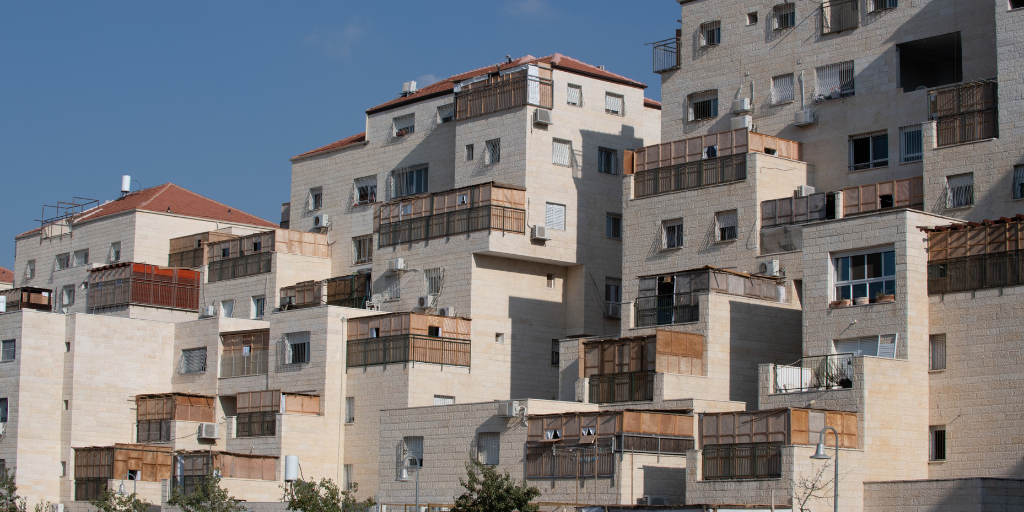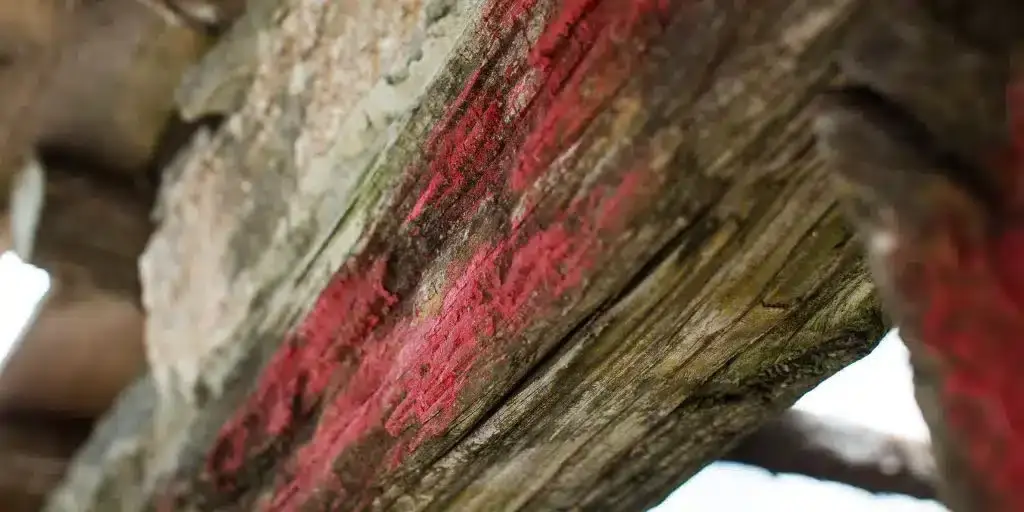When the Son Taught Us to Pray
When Jesus first taught His disciples to pray, He met them in the rhythm they already knew. Every year they had watched the high priest enter the Holy of Holies on the Day of Atonement, seeking mercy for the people (Leviticus 16:30). Days later they would build small shelters, the sukkah, for the Feast of Tabernacles, remembering how God had chosen to dwell among them in the wilderness (Leviticus 23:39–43). Between those two feasts were five quiet days. Forgiven hearts began to build again, gathering branches and joy, preparing for God’s presence to fill the camp once more.
Though Jesus did not name these feasts, their rhythm of atonement and dwelling shaped the imagination of every Jewish heart. His prayer fulfilled what their feasts had always foretold.
It was into that longing that Jesus spoke. He did not invent a new prayer. He revealed Himself as the fulfillment of every prayer. The One who would soon carry our sin away was standing among them, teaching them to call His Father their own. He was the true High Priest “who entered through the greater and more perfect tabernacle” (Hebrews 9:11–14), the true Bread from Heaven (John 6:35), and the true Tabernacle who came to dwell among us (John 1:14).
When He said, “Pray, then, in this way” (Matthew 6:9), He was inviting His followers to enter His own life with the Father. Each phrase carried the sound of Israel’s story: atonement, provision, and presence. Each carried the promise that He Himself would fulfill it. To pray as Jesus prayed is to step into His rhythm of redemption, moving from forgiveness to fellowship, from the cross to communion, from atonement to abiding.
The Father Who Dwells
“Our Father in heaven.”
The prayer begins not with a request but with a relationship. The God who once dwelt in a tent now dwells within His children. “The Word became flesh and dwelt among us” (John 1:14). Now “God has sent forth the Spirit of His Son into our hearts, crying, ‘Abba! Father!’” (Galatians 4:6). Prayer begins here, in belonging.
When we whisper “Our Father,” we are remembering what Israel longed for: that God Himself would dwell with His people. In the fragile places of our lives, He is near. The One who once led them by cloud and fire now leads us by His indwelling Spirit.
The Kingdom That Comes
“Your kingdom come, Your will be done.”
At Tabernacles, Israel celebrated light and water, the shining of lamps and the pouring of water at the altar as signs of God’s coming glory. On the final day of that feast, Jesus stood and cried out, “If anyone is thirsty, let him come to Me and drink. He who believes in Me, as the Scripture said, ‘From his innermost being will flow rivers of living water’” (John 7:37–38). Later He declared, “I am the Light of the world. He who follows Me will not walk in the darkness, but will have the Light of life” (John 8:12).
Prayer pulls that hope into the present. When we pray for the kingdom to come, we are asking the King to reign in every place darkness still lingers: in our homes, our relationships, and our own hearts. “He rescued us from the domain of darkness and transferred us to the kingdom of His beloved Son” (Colossians 1:13). The kingdom comes wherever Christ rules.
The Bread That Satisfies
“Give us this day our daily bread.”
In the wilderness, manna fell each morning as a sign that God’s care was not occasional but continual. “Man shall not live by bread alone, but by every word that proceeds from the mouth of the Lord” (Deuteronomy 8:3). Jesus fulfills that truth when He says, “I am the bread of life; he who comes to Me will not hunger, and he who believes in Me will never thirst” (John 6:35).
To pray for daily bread is to confess our dependence. It is to open our hands and hearts to the One who satisfies both body and soul. Every meal, every mercy, and every moment is grace. “My God will supply all your needs according to His riches in glory in Christ Jesus” (Philippians 4:19).
The Forgiveness That Cleanses
“Forgive us our debts.”
On Yom Kippur, the high priest entered the Holy of Holies with blood for the sins of the nation. “He shall lay both of his hands on the head of the live goat, and confess over it all the iniquities of the sons of Israel, and the goat shall bear on itself all their iniquities to a solitary land” (Leviticus 16:21–22). Once a year. Year after year. But Jesus entered the greater tabernacle not made with hands, “through His own blood, having obtained eternal redemption” (Hebrews 9:12).
When we pray for forgiveness, we are not begging for mercy that must be won again. We are resting in mercy that has already been given. “As far as the east is from the west, so far has He removed our transgressions from us” (Psalm 103:12). The cross stands as the mercy seat where our guilt was removed and our hearts made new.
The Victory That Endures
“Deliver us from evil.”
The scapegoat once carried Israel’s sins into the wilderness, a symbol of sin being taken away (Leviticus 16:22). Jesus became the Lamb of God “who takes away the sin of the world” (John 1:29). “He made Him who knew no sin to be sin on our behalf, so that we might become the righteousness of God in Him” (2 Corinthians 5:21).
Through His death and resurrection, “He disarmed the rulers and authorities and made a public display of them, having triumphed over them” (Colossians 2:15). Every temptation, every fear, and every dark thought must bow before His triumph. “Thanks be to God, who gives us the victory through our Lord Jesus Christ” (1 Corinthians 15:57). To pray this final petition is to take our stand in victory already won. Evil may still whisper, but it no longer rules.
The Glory That Remains
“For Yours is the kingdom and the power and the glory forever. Amen.”
Prayer ends where all history ends, in praise. “Your kingdom is an everlasting kingdom, and Your dominion endures throughout all generations” (Psalm 145:13). “To Him who sits on the throne, and to the Lamb, be blessing and honor and glory and dominion forever and ever” (Revelation 5:13).
The feasts concluded with joy in God’s dwelling, and the Lord’s Prayer ends the same way. Every request, every longing, and every need finds its fulfillment here, in worship of the God who reigns. “Behold, the tabernacle of God is among men, and He will dwell among them” (Revelation 21:3). The temporary tent becomes an eternal home.
From Forgiveness to Fellowship
The Lord’s Prayer moves us from atonement to abiding, from confession to communion. It begins with a Father who forgives and ends with a kingdom that never fades.
May every prayer we pray this week trace that same journey, from the cross to the dwelling, from repentance to rejoicing, until we see His face and live in His presence forever. “He who began a good work in you will perfect it until the day of Christ Jesus” (Philippians 1:6).





%20(1024x512)-2.webp)
Leave a comment